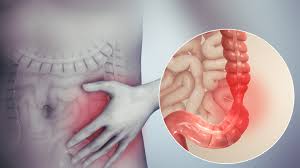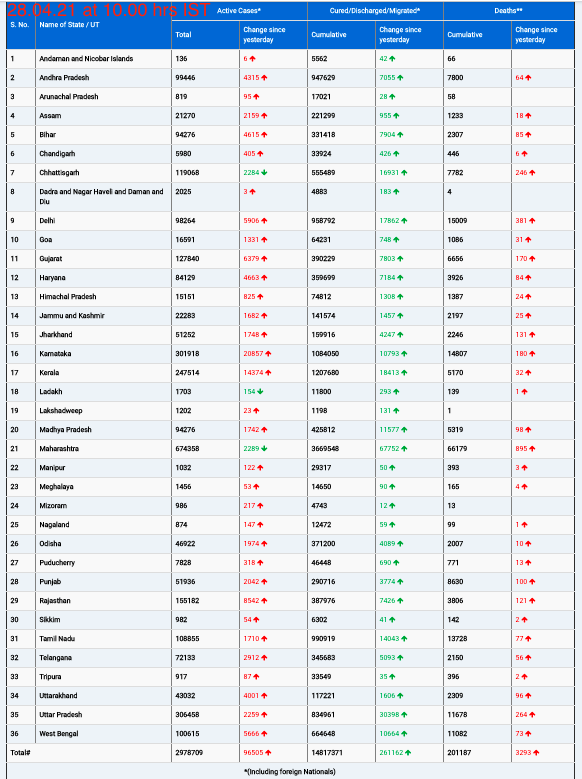The winter holidays are traditionally a time for people of all ages to come together, whether for family gatherings, religious festivals or meet-ups with friends. They are also a time when many people are planning to travel, either within their own countries or internationally.
However, unfortunately, the pandemic is far from over, and we all still need to be very careful.
For a second winter, we are having to live with COVID-19, and increases in travel and more socializing indoors create the real risk of a significant rise in virus transmission.
To make the situation even more concerning this year, the highly transmissible Delta variant is dominant in the WHO European Region, and we are facing the threat of a new variant of concern, Omicron, taking hold – with as yet uncertain impacts.
Minimizing COVID-19 risks is not a matter of chance, it is a matter of choice. By acting on our 5 top tips, we can all work towards a safer and enjoyable winter.
1. Get your full course of vaccinations as soon as possible.
Getting vaccinated with the complete series of available doses is the most important thing people can do to be protected from severe disease and death from COVID-19. This is especially important for at-risk groups such as those aged 60 years and above, and for people with underlying health conditions.
A recent study conducted by WHO/Europe and the European Centre for Disease Prevention and Control (ECDC) estimated that nearly half a million lives have been saved among those aged 60 years and over since the start of the COVID-19 vaccination roll-out in 33 countries in Europe and Central Asia.
Most people needing critical hospital care for COVID-19 are unvaccinated. Current vaccines offer protection against severe disease and death from COVID-19 variants, including Delta. While the evidence is still emerging, current vaccines should also protect against severe disease from the new Omicron variant.
2. Take other personal preventive measures to help stay safe and keep societies open.
Combining vaccination with the other available preventive measures this winter helps us to live our lives while controlling the virus and avoiding widespread lockdowns. These simple yet tried-and-tested preventive measures are:
- wearing a well-fitting mask when needed
- maintaining the physical distance of at least 1 metre
- ventilating indoor spaces by opening windows and/or doors
- avoiding closed, confined or crowded spaces
- keeping hands clean
- coughing or sneezing into a bent elbow or tissue.
Each of these measures is important on its own, but when used together their impact is multiplied.
3. Make get-togethers as safe as possible.
Indoor gatherings, even smaller ones, can give the virus an opportunity to spread. Gatherings and celebrations should be held outside if possible, and those meeting up should wear masks and maintain physical distance. If held indoors, limiting group size and ensuring good ventilation by opening a door or window when safe to do so are key to reducing the risk of exposure.
4. Avoid travelling if you are at risk.
People who are unwell, who have not been fully vaccinated or do not have proof of the previous infection, and who are at increased risk of developing severe complications from COVID-19, including people 60 years of age or older and those with chronic conditions (such as heart disease, cancer and diabetes), are advised to postpone travel to areas with community transmission.
All travellers should remain vigilant for signs and symptoms of COVID-19, get vaccinated when it is their turn and adhere to preventive measures at all times, regardless of their vaccination status.
5. Get informed from trusted sources.
Misinformation and disinformation put people’s health and lives at risk, undermine trust in science, and impede making the right decisions about our health. Seek out reliable information sources that provide advice based on the latest evidence and scientific consensus.
The freely available Healthy Buddy+ application from WHO and the United Nations Children’s Fund (UNICEF) is an example of a tool that allows you to access expert advice on COVID-19.
Source WHO











